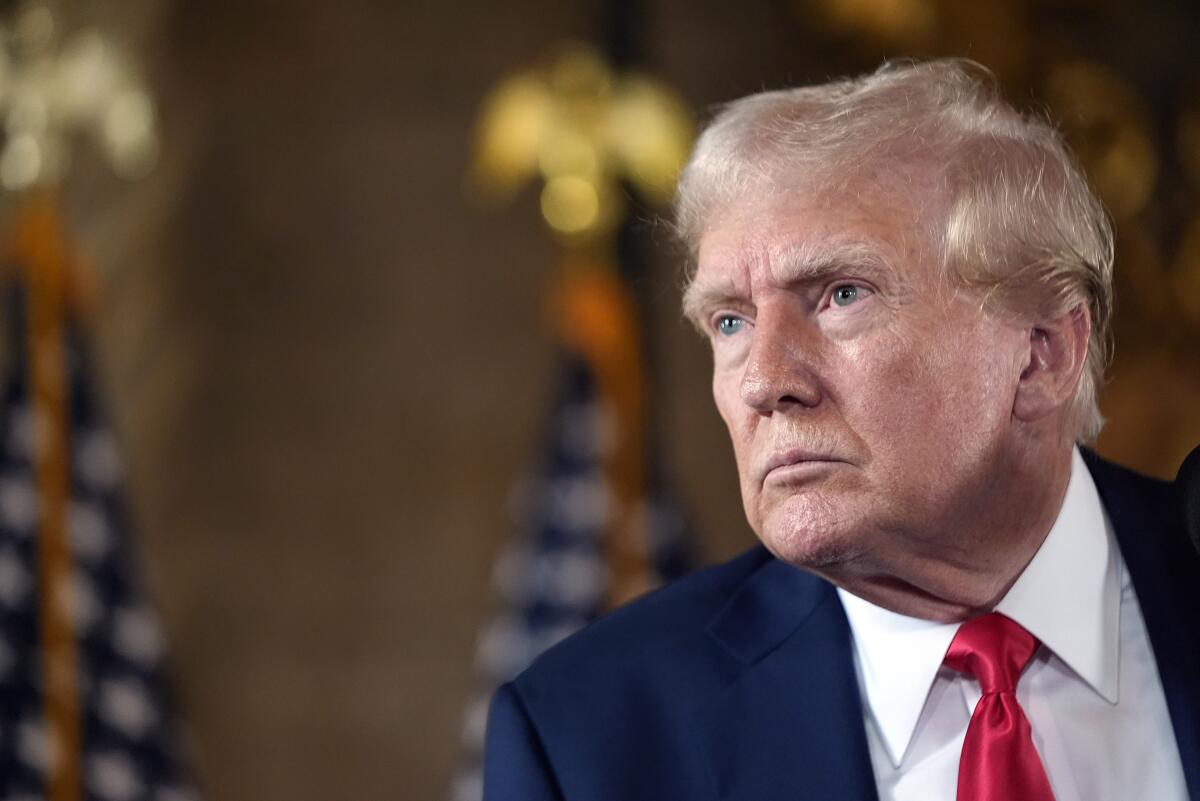MEXICO CITY (Reuters) – Polls in Mexico have almost universally tapped ruling party hopeful Claudia Sheinbaum as the easy favorite to win the June 2 presidential election, but pollsters are keen to emphasize a major unknown – voter turnout.
Recent votes, including past presidential elections in Mexico, show that polling can significantly vary from election-day results because turnout is especially hard to predict, according to interviews with leading Mexican pollsters.
The unpredictability over which side’s voters are more motivated to show up on election day comes as many see the presidential race drawing closer in its final days, although Sheinbaum, a scientist, still has a comfortable lead in most polls, varying from 11 to 22 points over main opposition rival Xochitl Galvez, a businesswoman and senator representing a left-right coalition.
One pollster, Massive Caller, which conducts surveys by a controversial method of automated phone calls, has shown the race much tighter with Galvez and Sheinbaum in a technical tie.
Reuters interviewed seven pollsters to understand the unpredictability of turnout and the challenges of surveying voter sentiment in Mexico, parts of which are unaccessible due to security risks.
Four pollsters said they think Galvez supporters are likely to vote in greater numbers, with the other three declining to pick a more motivated side.
“The opposition is going to vote at a really high rate,” predicted Francisco Abundis, head of polling firm Parametria, calling its voters “hyper motivated” versus less-engaged backers of the ruling MORENA party.
Abundis stressed that relative differences in turnout can narrow the final result, pointing to a governor’s race last year in Mexico’s most populous state in which the MORENA candidate won by eight points, although polling in the final days had estimated a lead of at least double that.
The parts of the state that voted for the winner featured turnout of around 40%, while areas that largely backed the opposition candidate turned out at about 60%, he noted.
If the same dynamic plays out in this year’s presidential contest, Sheinbaum’s polling lead would significantly shrink.
FOREGONE CONCLUSION?
Sheinbaum and her team have frequently referred to their polling lead during the campaign, in part, analysts say, because it deflates the opposition.
But BGC polling firm director Ulises Beltran argues that such a tactic can also backfire.
“If she’s already won, if it’s a sure thing that she’s going to win, why should they vote?” said Beltran.
Independent pollster Lorena Becerra believes relative turnout for Sheinbaum or Galvez will probably come down to whether voters are more energized by dissatisfaction with divisive outgoing President Andres Manuel Lopez Obrador and persistent levels of violent crime, or fears of an end to the generous social spending that’s part of his legacy.
Becerra says while Sheinbaum’s polling edge could lead some to think the race is a foregone conclusion, and refrain from voting, a record number of local elections also on the ballot could see turnout hit 60% or higher.
Pollsters look to predict turnout by asking those surveyed directly if they plan to vote or by asking proxy questions such as if they know the date of the election.
“I see a lot of movement in this contest, a contest that’s narrowing,” she said, adding that estimating turnout is “very difficult.”
The pollsters are split on whether overall turnout will rise or fall compared with 2018 when it was 63%. Heidi Osuna, the head of polling firm Enkoll, expects it to dip slightly.
She cites a 4% dip in voters who know when the election will be held, which this year is in June versus past presidential polls held in July, which she and Abundis argue will likely depress turnout.
Another unknown that Osuna predicted will weigh on voter participation is the relative strength of party turnout machines, with party operatives mobilizing voters with transport to polling booths and gifts.
MORENA now employs these tactics more successfully than the Institutional Revolutionary Party, or PRI, which was once the undisputed king of the tactic, many analysts say.
Mexico’s drug cartel violence presents a separate problem, as pollsters said some areas are off-limits for conducting in-person surveys. Additionally, pollsters sometimes have difficulty accessing higher-income voters at their secure homes.
Four of the pollsters said no other country in Latin America presents such challenges. “It’s worse in Mexico,” said Abundis.
(Reporting by David Alire Garcia; Editing by Stephen Eisenhammer and Leslie Adler)
